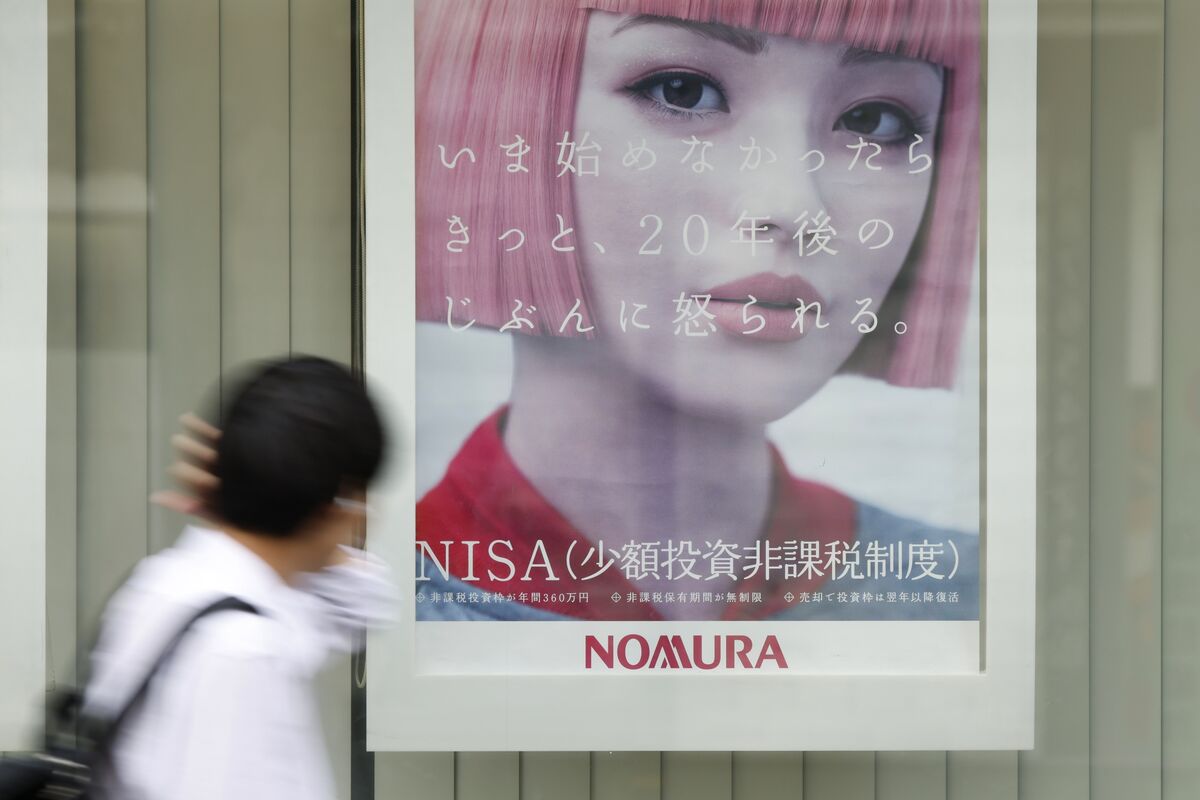
Japan is experiencing a significant generational transformation in its approach to personal finance and investment, fueled by the return of inflation and a recently introduced financial education initiative. Traditionally known for its culture of saving and risk aversion, the nation is now seeing younger individuals increasingly interested in capital markets and investment opportunities.
This shift comes as inflation in Japan, long considered dormant, has begun to reemerge after decades of stagnation. For many young Japanese, the rising cost of living is highlighting the limitations of keeping money in savings accounts with negligible returns. As a result, more people are seeking to grow their wealth through investments.
Compounding this trend is the rollout of a national financial education program aimed at improving economic literacy among students and young workers. By introducing topics such as budget management, the basics of investing, and financial planning into school curricula and workplace education, the government hopes to prepare citizens for a more self-sufficient financial future.
Market analysts believe this dual force of economic pressure and proactive education could reshape Japan’s traditionally conservative investment landscape. Financial service providers have already noted a rise in account openings among younger demographics and increased demand for digital trading platforms and investment apps.
While the extent of the transformation remains to be seen, the growing enthusiasm for financial markets among younger Japanese suggests a long-term shift in how wealth is managed and grown across generations in the country.
Source: https:// – Courtesy of the original publisher.








